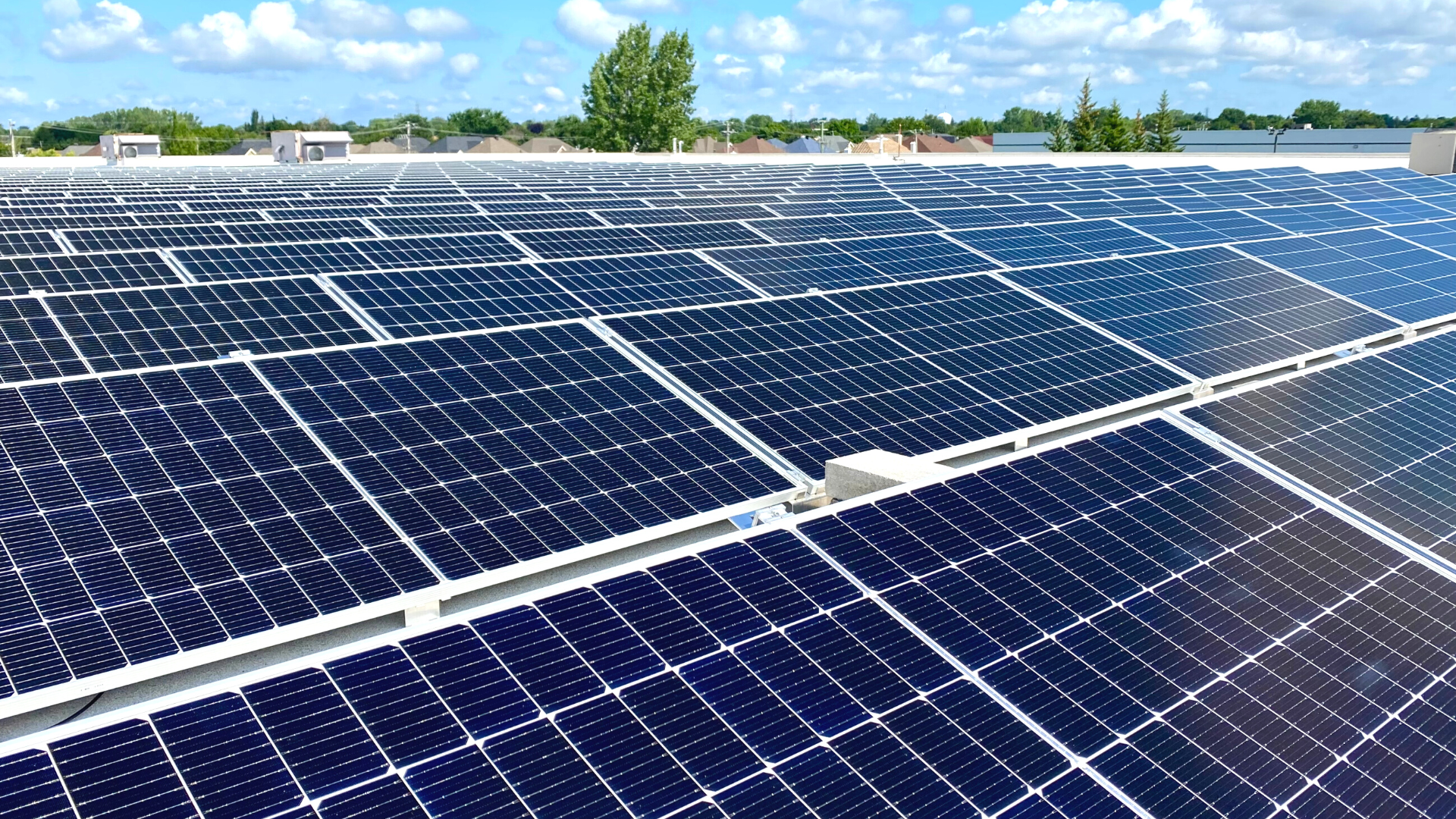Carbon Markets
Compliance and Voluntary Carbon Markets
A carbon market is a trading system where supply and demand set a price on CO2 emissions allowing carbon credits and offsets to be bought and sold as commodities. The carbon tradeplace has two distinct markets, compliance, and voluntary markets. Compliance markets for carbon are regulated by governments under cap-and-trade emissions trading schemes while voluntary carbon markets allow companies, institutions, and individuals the choice to buy offset credits at their own will for various environmental goals and benefits.
Targray’s Environmental Commodities team works to create effective carbon trading scenarios, helping carbon market participants meet ambitious goals for reducing GHG emissions without compromising their long-term growth objectives. Contact our experts to learn more about our carbon trade solutions, or for more information about our emissions trading programs.
The compliance market is also known as a mandatory or regulated Carbon market, where cap-and-trade regulations mandated by regional governments impose a cap on emissions that regulated entities may produce. Carbon credits may be purchased for companies to comply with regulations and excess offset credits may be sold in the event of a surplus. Compliance carbon programs typically fall under regional cap-and-trade emission trading systems, and as the demand is driven by mandatory regulations the price of credits is typically higher than in voluntary markets.
The voluntary carbon market (VCM) allows companies, individuals, or institutions to purchase carbon offsets optionally at their own will, without government-mandated regulations. Entities may choose to invest in a variety of projects and programs aimed at reducing or removing GHG, or obtain offset credits to voluntarily offset emissions and demonstrate commitment to the environment, to help mitigate climate change, or to reach climate goals.
Each offset credit traded in the voluntary market represents one tonne of carbon dioxide equivalents (CO2e) and is generated by projects, public policies, or programs that are monitored and validated at each stage before being verified by carbon standards in a jurisdiction for certification.
Voluntary Carbon Offset Programs
- American Carbon Registry
- Climate Action Reserve (CAR)
- Verified Carbon Standard (VCS) from Verra
- Gold Standard
- Plan Vivo
Compliance Carbon Offset Programs
 |
Gold StandardThe Gold Standard (GS) is a voluntary carbon offset program focused on progressing the United Nation’s Sustainable Development Goals and ensuring that project’s benefit their communities. It can be applied to voluntary offset and Clean Development Mechanism (CDM) projects. The GS CDM was launched in 2003 after a two-year consultation with stakeholders, governments, non-governmental organizations, and private sector specialists from over 40 countries. The GS for voluntary offset projects was launched in 2006. The GS project registry – containing all projects implemented through the standard was launched in 2018. |
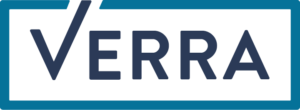 |
The Verra RegistryVerra is a global leader helping tackle the world’s environmental and social challenges by developing and managing standards that help the private sector, countries, and civil society achieve ambitious sustainable development and climate action goals. The standards and programs Verra develops and manages are globally applicable and advance action across a wide range of sectors and activities. All of our programs undergo extensive stakeholder consultation and expert review, and draw from four key components: standard, independent assessment, accounting methodologies, and registry. |
 |
The Climate Action ReserveThe Climate Action Reserve (CAR) is an offset registry for global carbon markets which establishes high-quality standards for carbon offset projects and issues the carbon credits generated, tracks the transaction of credits in a publicly-accessible, transparent system, and oversees third-party verification bodies. The Reserve ensures environmental integrity and financial benefit of emission reduction projects as part of their mission to develop, promote and support innovative, credible market-based climate change solutions that benefit economies, ecosystems and society. |
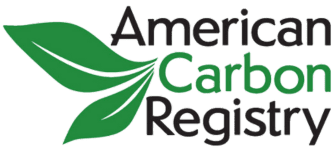 |
American Carbon Registry (ACR)The American Carbon Registry (ACR), a nonprofit enterprise of Winrock International, was founded in 1996 as the first private voluntary greenhouse gas registry in the world. Winrock operates ACR to create confidence in the environmental and scientific integrity of carbon offsets in order to accelerate transformational emission reduction actions.
|
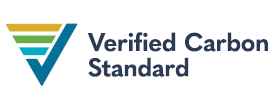 |
Verified Carbon StandardThe Verified Carbon Standard (VCS) Program run by the non-profit Verra registry is the world’s most widely used greenhouse gas (GHG) crediting program. Its main areas of focus are in agriculture, forestry, and other land use carbon sequestration and blue carbon projects, and all projects developed in the Program undergo a mandatory, rigorous assessment process. Certified projects issue Verified Carbon Units (VCUs), where one VCU is equal to one metric tonne of carbon dioxide reduced or removed from the atmosphere. |
Related Content

Carbon Offsets
A carbon offset is a transferrable credit certified by governments or certifying bodies to represent an emission reduction of one metric tonne of CO2, or an equivalent amount of other GHGs.

Carbon Trading
Carbon Trading is a market-based approach to slowing global warming. Supply and demand set the commodity price on carbon credits, offsets, and renewable energy certificates (RECs).
Environmental Commodities
Learn more about our carbon credit, carbon offset and renewable energy certificate (REC) programs & solutions for compliance and voluntary carbon markets around the world.
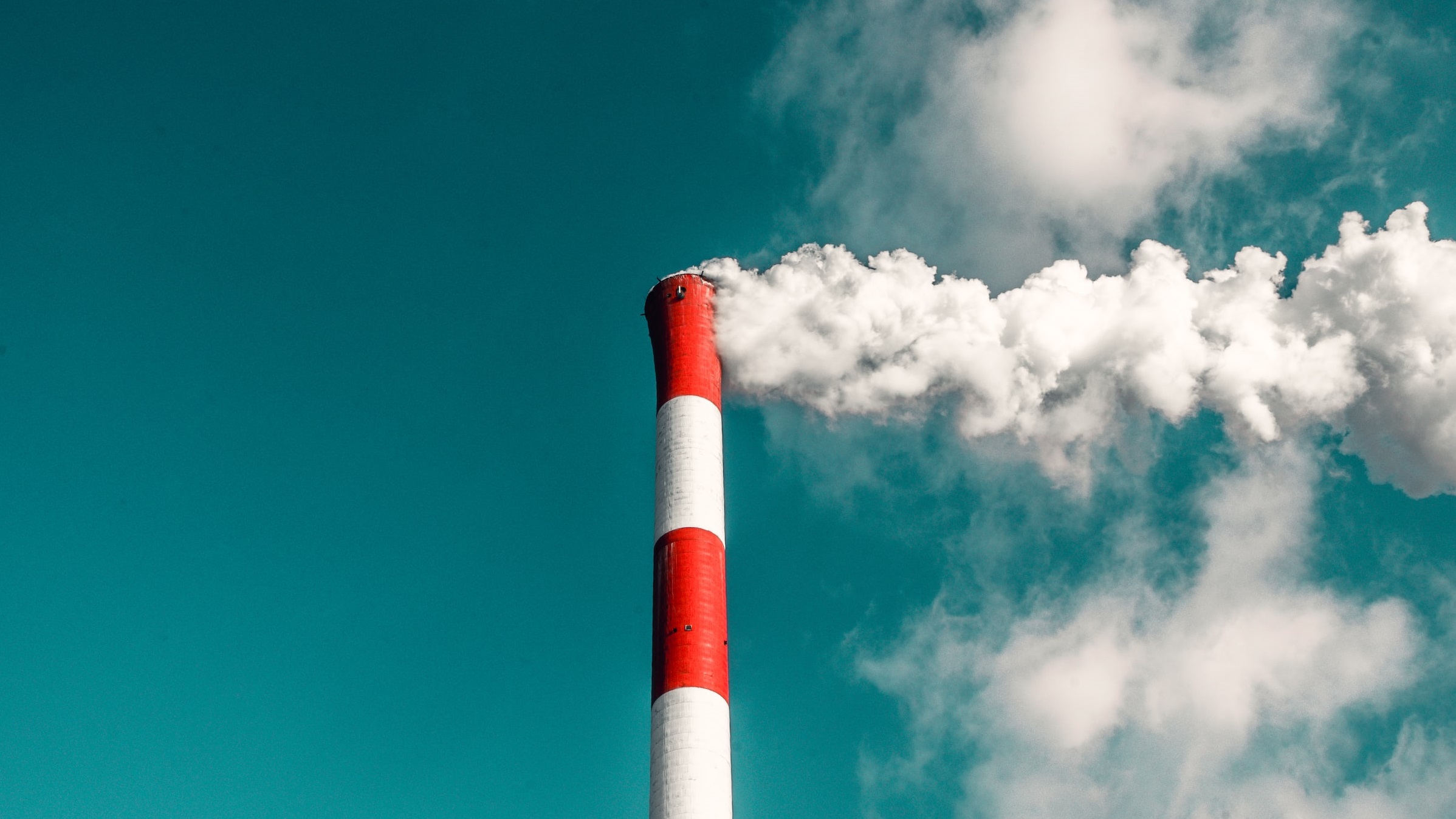
Carbon Pricing
A carbon price typically appears as a carbon tax or in emissions trading, with the main policy instrument being an Emissions Trading System (ETS), also known as Cap-and-Trade (CAT) program.
